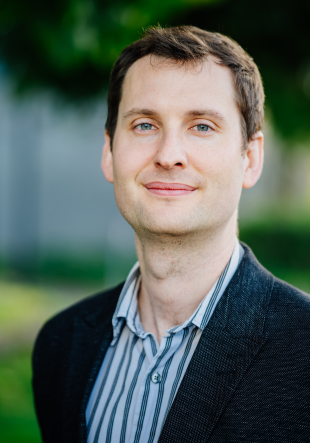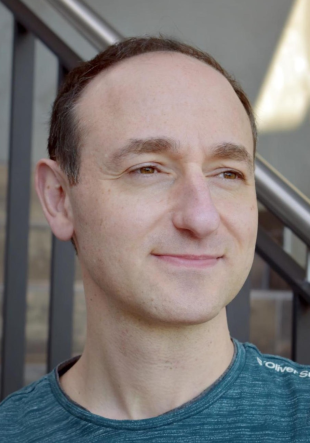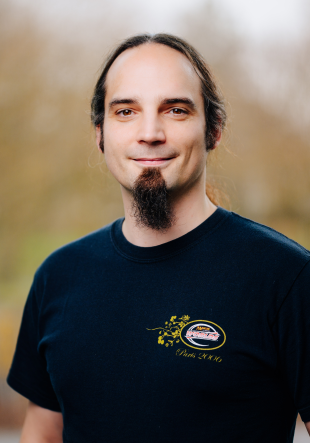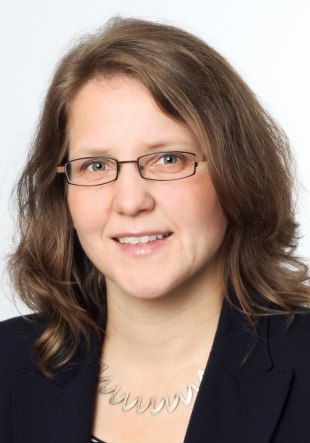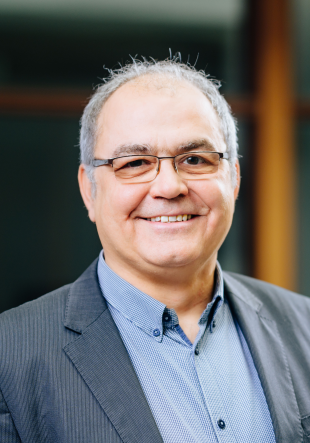Photonic Quantum Systems Network (PhoQSNET) - Quantum communication infrastructure
Overview
Data security is critical to modern society. From personal data and identity fraud to cyber-attacks threatening the integrity of sovereign nations, the need for secure communication and data processing has never been greater. While quantum networks address some of these issues, in that they can be provably secure for many cryptographic communications tasks in theory, the next step is to build physical quantum networks which implement such secure communication in practice. PhoQSNet, our Major Instrumentation Initiative proposal, will provide the infrastructure and technology needed to build an urban-scale Photonic Quantum Systems Network. This testbed will be a critical proving ground for bringing quantum communications and quantum authentication out of the laboratory. The ambitious goal of PhoQSNet is to provide the infrastructure for a three-node testbed quantum network. This will allow various configurations of quantum communication technology to be explored, including point-to-point protocols, quantum relays and quantum repeater nodes, among many other schemes. We will explore protocols using both discrete- and continuous-variable encoding of quantum information, as well as hybrid schemes.The physical link will connect the Buildings A and P on the main campus of Paderborn University with the Heinz Nixdorf Institute (HNI), located 3.6km away. All three laboratories are connected with commercial dark optical fibers in the standard municipal fiber network. Each of the three nodes of the network (Alice, Bob and Charlie) will house a Quantum Transceiver Station, equipped with complementary components to enable various quantum communication protocols: sources and detectors of quantum light, as well as quantum and classical channel characterization tools, used to benchmark systems and components in a real-world metropolitan network. The modular nature of PhoQSNet ensures future compatibility with any fiber-based quantum communication technology. Such a testbed is therefore a crucial enabling tool for the proliferation of quantum communication technologies.Our initiative is underpinned by well-established cooperation between electrical engineering, physics, mathematics and computer science, which has been consolidated in the recently-founded Photonic Quantum Systems Institute at Paderborn University. This provides the foundation of our initiative with expertise in all relevant areas of encryption and communication, as well as an established umbrella organization for its implementation and long-term sustainability. This unique interdisciplinary research environment, with specialists in quantum sources and detectors, high-speed communication systems, and codes and cryptography, allows us not only to implement existing interdisciplinary projects, but also establish groundbreaking future research directions, cementing the legacy of PhoQSNet far beyond the initial funding phase for years to come.
DFG Programme Major Instrumentation Initiatives
Major Instrumentation Heralded Single Photon Source pump laser, Signal and phase-noise analyser, Superconducting detector system for each node, Two-Mode Squeezed State pump laser, Two-photon excitation laser for the quantum dot single photon source
Key Facts
- Grant Number:
- 491620675
- Research profile area:
- Optoelektronik und Photonik
- Project type:
- Forschung
- Project duration:
- 01/2022 - 12/2027
- Funded by:
- Deutsche Forschungsgemeinschaft (DFG)
- Websites:
-
DFG-Datenbank gepris
Pressemitteilung
Nachricht


